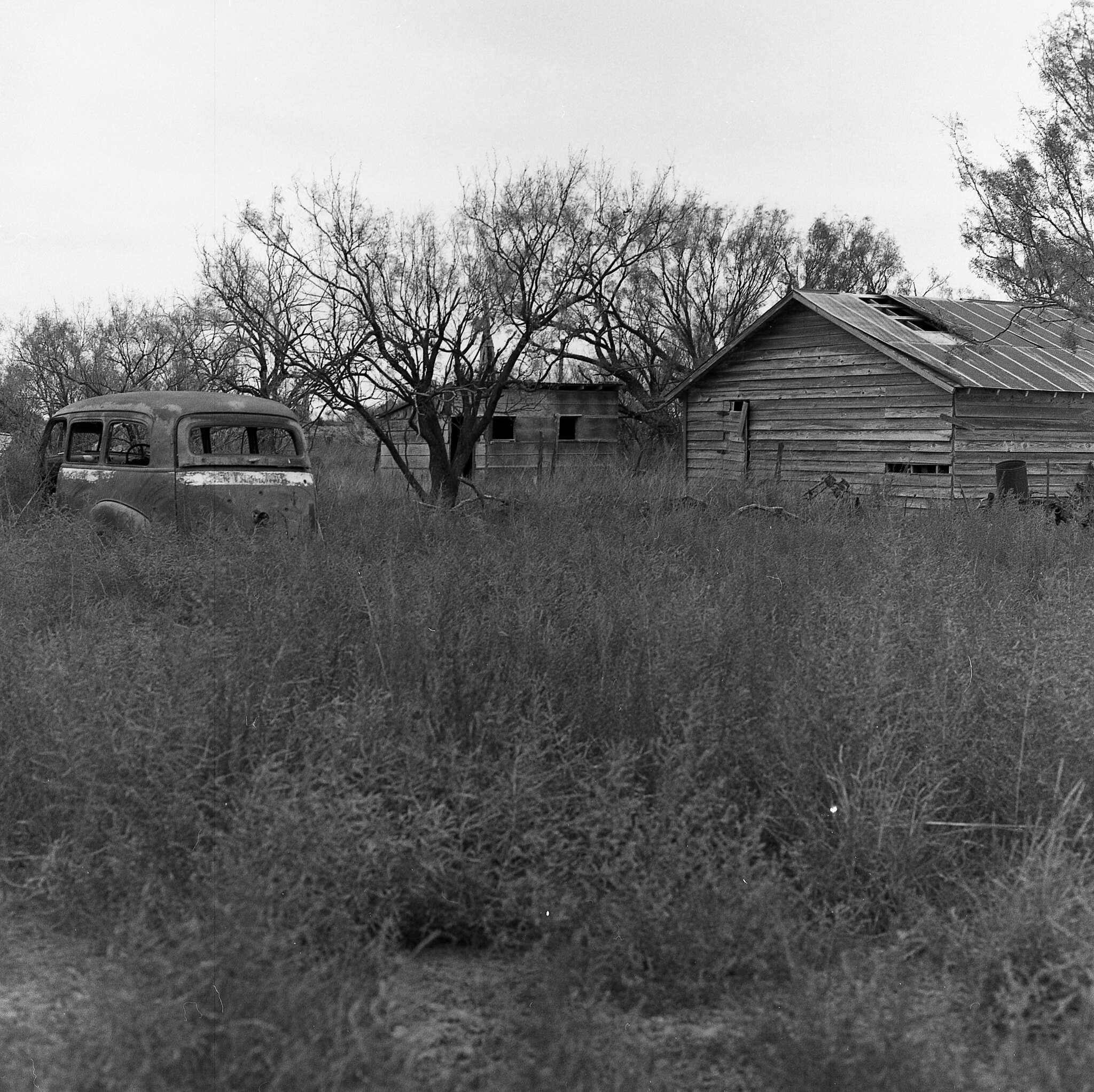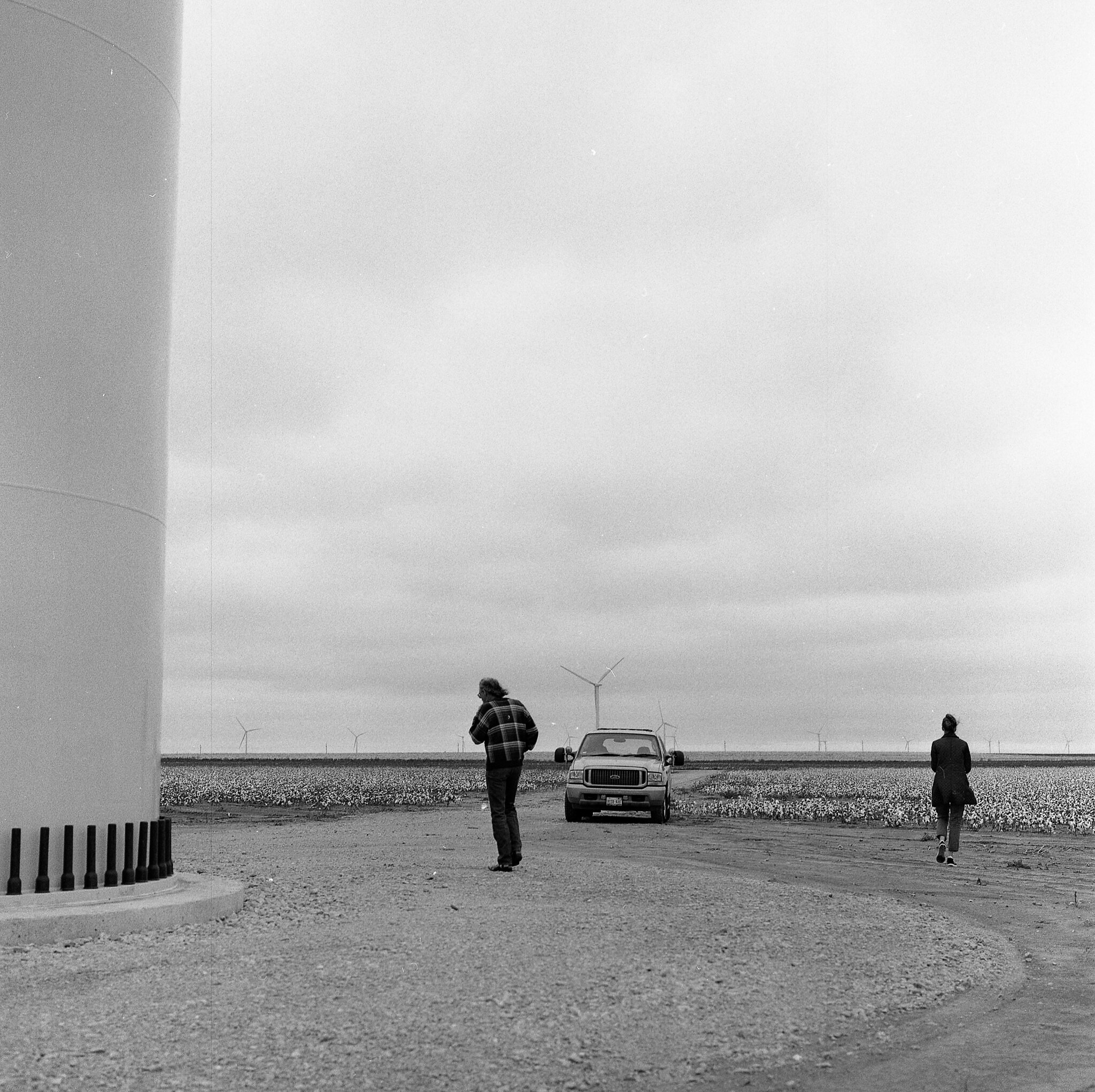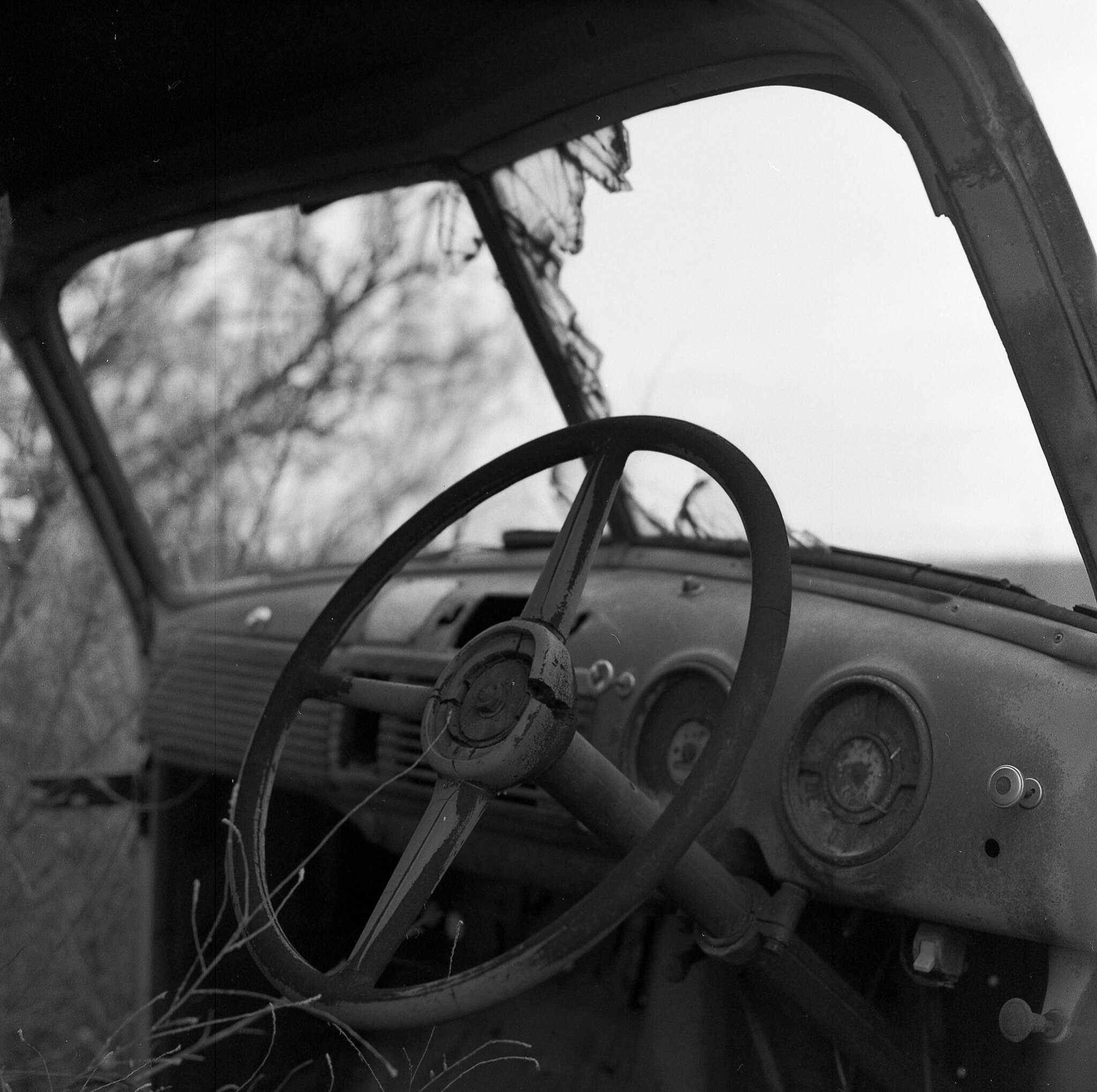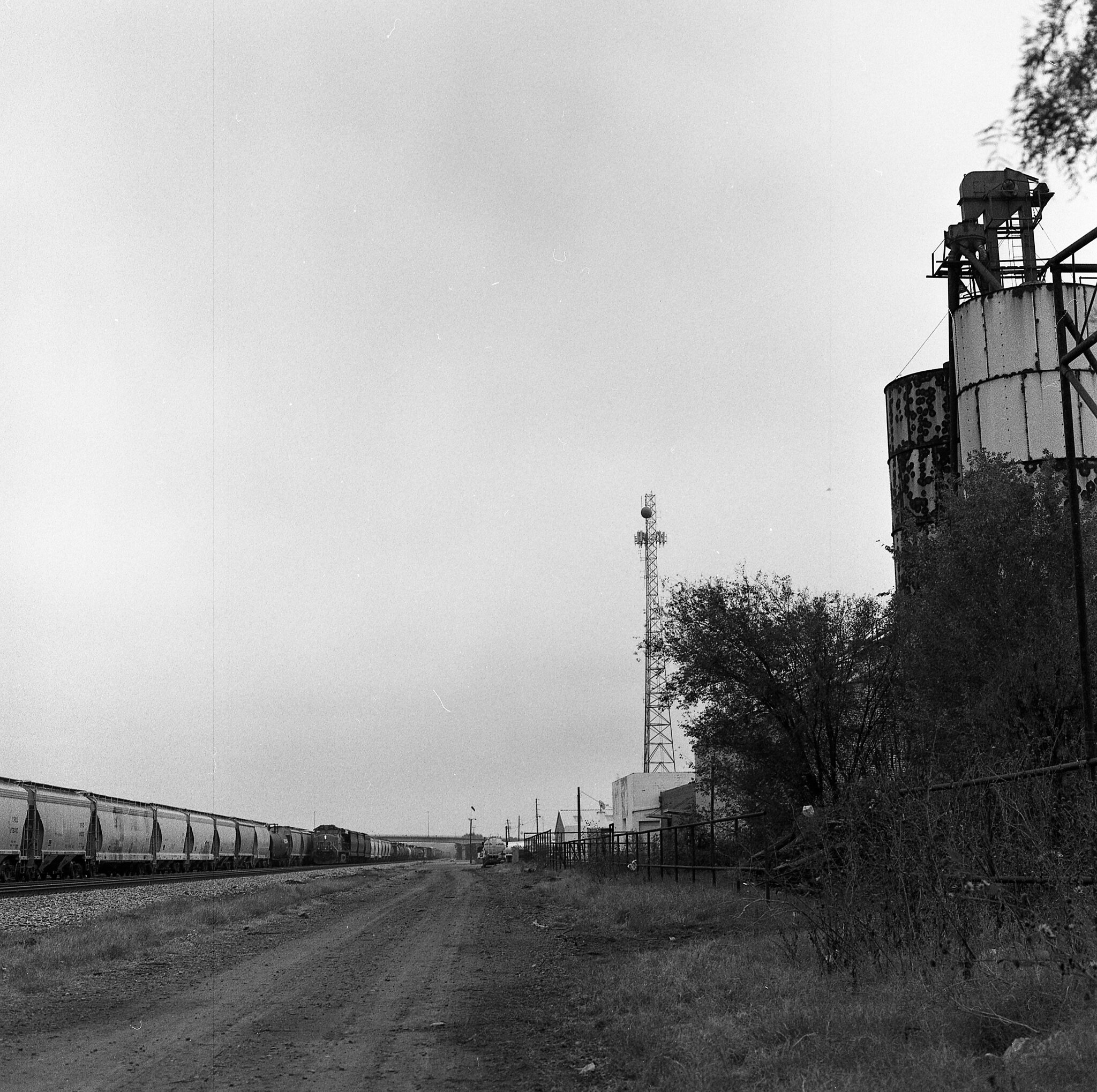I am not from anywhere.
Well, obviously, I was born somewhere. A small town in western Montana called Hamilton. Hamilton was established as a colonial settlement centered on copper mining, the hauling of said ore on the railroad, and some timber related ventures. Before that, it was home to Bitterroot Salish indigenous peoples. Now, to the best of my understanding, it is primarily vacation and tax-shelter real estate investments for wealthy out-of-towners, with a handful of folks still making a living off the land running cattle, farming, or building log homes for the aforementioned demographic.
None of this means didlysquat to me. I may as well have told you I was born in a giant beach ball off the shore of Costa Rica. We left when I was five and I have zero memory of it. Since then, I have lived in Georgia, Texas, Arizona, New Mexico, Oregon, Washington, California and the UK. I get tired of explaining this to people, so I generally lie and say I’m from Oakland, Ca. That’s the geographical location I have spent the most years. Easily 50% longer than any other location. I have no right to claim Oakland, I wasn’t born there, did not attend elementary education there, etc..
This brings me to the core of a question I have pondered almost my entire life: Why do people identify so fervently with (or against) where they are from? Why does an imaginary line on a colonial map constitute such unwavering allegiance?
Over the years many things have come to light. Socio-economic factors play hugely into how people build identity. I have been privileged to live in and see many places, but folks who grow up on one block or in one home may develop much different emotional and sociological identifications with where they are from than I did. A place’s social and historical reputations lean into people’s pre-dispositions to love or hate a place. Contemporary trends and popular economics as well as other themes in our peer groups influence how we feel about places and the associations tied to them.
None of this is hard science, just observation. Observation over a lifetime of meeting people who are proud of where they are from. People who hate where they’re from. People like me, who could give a rat’s ass.
In closing, I’d like to share a brief story that stars my mother. She was born and raised in Big Spring, Texas. To the best of my knowledge, she lived in the same house with her parents until she graduated high school and left to attend UT Austin. The house was on Goliad st. Her best friend’s parents owned a business at the other end of Goliad. It was a small town. Her middle-class parents both worked and socialized within this community. Her paternal grandparents worked as cotton farmers in near-by Ackerly. Her maternal grandparents worked as a county social worker and a mechanic in Big Spring. Her uncle was an oil field welder in the booming and busting cycles of the infamous Permian Basin. She has every reason to be connected to this place by convention, but when I have spoken with her about it, no warm glow of pride or heart-felt nostalgia surfaces. In fact, she has said she was ready to move on when she left. Although her parents remained there for the remainder of their lives, I never saw an urge in her to re-identify with that place. When it came up in conversation with others, it passed through the room as a simple fact, not gleaning much attention. Not some centerpiece of self-authentication. What really are all of these stories we tell about ourselves? Whom do they serve?










